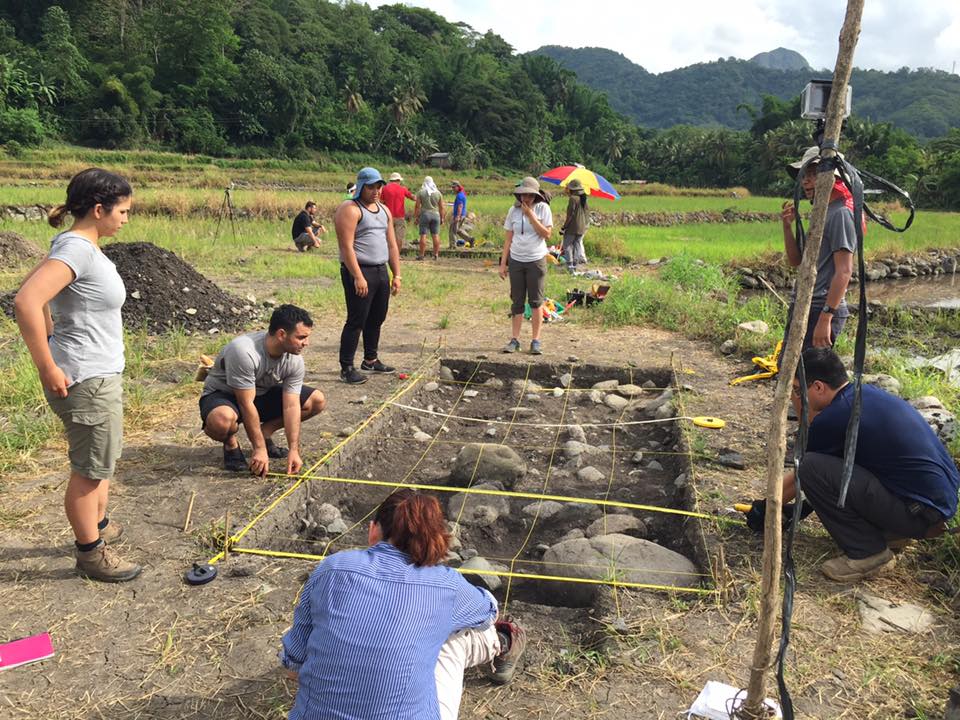Call for Proposals
PEMSEA Research Awards

The UCLA Program for Early Modern Southeast Asia (PEMSEA), a collaborative project among UCLA Center for Southeast Asian Studies, University of Hawai’i-Mānoa Center for Southeast Asian Studies, and the Department of Anthropology at the University of Washington, funded by the Henry Luce Foundation’s Southeast Asia Initiative, is inviting research proposals from graduate students and scholars that focus on climate and anthropogenic change, disaster responses, and interactions (i.e., trade) during the early modern period (EMP) (1400-1820 CE) Southeast Asia (SEA). Funded projects will contribute to PEMSEA goals of strengthening transdisciplinary collaboration on Early Modern Southeast Asia.
PEMSEA seeks a more nuanced understanding of the EMP through building local and indigenous histories, particularly, those that show responses to climate change and disasters. The compelling problem is long-term climate change in Southeast Asia during the last millennium CE, with a special focus on the EMP and the extent to which the Little Ice Age affected Southeast Asia. PEMSEA aims to contribute to developing datasets and analyses on the intersection between anthropogenic and climatic change during the EMP. Conventional interpretations of EMP Southeast Asia attribute environmental changes primarily on European penetration, but recent archaeological and historical investigations provide more distinct views that consider local contexts and environmental dynamics, like intra-Asian interactions, climate change, and agency. Most changes associated with European activities in the region also had substantial East Asian inputs and were mitigated by climatic variation and human impact. Forest resource extraction, for example, was carried by local SEA communities, but intensified during the EMP period by colonial powers. As such, we hope to provide avenues for interdisciplinary collaboration that looks at the environmental consequences of resource depletion, pollution, disasters, climatic variation, among others.
PEMSEA will provide approximately six awards. We particularly encourage interdisciplinary proposals that draw from archaeobotanical, zooarchaeological, dendroclimatological, and/or sedimentological sources, and historical records that utilize both indigenous and colonial documents from various sites in SEA. Of particular interest are information gleaned from dynastic (i.e., Vietnamese, Javanese, Chinese) records of environmental disasters and other significant ecological events in the region; and survey of European colonial documents (VOC, Spanish colonial records) to identify key environmental perturbations. PEMSEA’s research program will be immeasurably strengthened by the construction of high-resolution chronologies for both population and environmental events using documentary records from Vietnam (Imperial Archives of Vietnam), China (Ming and Qing annals), Iberian colonial records, the VOC/Dutch, and possibly even internal sources like the Burmese/Thai/Cambodian chronicles.
We will give priority to proposals that seek to integrate two or more data sources, but also invite research on single data sources. We expect that successful proposals will result in peer-reviewed journal articles or chapters in edited volumes. These awards (maximum amount: $7500) can be used for airfare, field expenses, and book subvention so long as the theme is on Early Modern Southeast Asia. Proposals should include: (1) cover letter with contact information; (2) CV (5 pp. limit), (3) a five-page narrative that highlights the significance of the proposed research on PEMSEA’s goals, methodology, data sources, and plans for further research; and (4) an itemized budget with justifications as needed. Proposals are due March 15, 2023. Submit proposals by email to cseas@international.ucla.edu. You should receive a confirmation email once your application materials have been received. This award is subject to U.S. taxes.
For questions, please email Dr. Stephen Acabado, UCLA CSEAS and PEMSEA Director, at acabado@anthro.ucla.edu.
